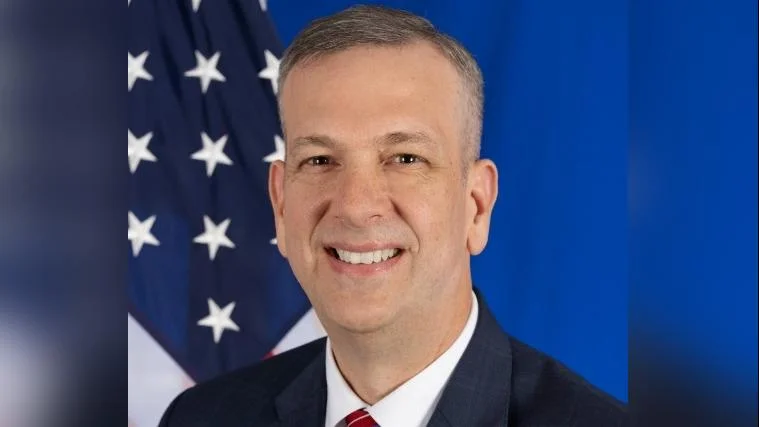The U.S. Department of State has released a report on the conditions in Hong Kong covering the period from January to December 2024. This report is submitted in accordance with the United States-Hong Kong Policy Act of 1992 and other related legislative requirements.
During the covered period, the Department observed increased centralization by Beijing, posing a direct threat to U.S. interests and undermining Hong Kong's autonomy as defined by the Sino-British Joint Declaration of 1984. Beijing allows Hong Kong some autonomy in commercial and trade policies but only when it aligns with Chinese interests. "China and Hong Kong authorities continued to use 'national security' as a broad and vague basis to undermine the rule of law and protected rights and freedoms."
In March 2024, Hong Kong enacted the Safeguarding National Security Ordinance, which expanded powers under the Beijing-imposed 2020 National Security Law. These measures led to the prosecution of democracy advocates and media figures, including those involved in the "NSL 47" case and media owner Jimmy Lai. The number of remanded prisoners grew to 40.2% of the prison population by the year's end.
"There was no expectation of a fair trial" in security-related cases, according to human rights groups. Foreign non-permanent judges resigned over political concerns, impacting judicial independence.
The report highlights issues with democratic institutions, emphasizing that “patriots-only” electoral reforms have limited independent candidates. "Hong Kong authorities did not advance universal suffrage," which remains an unfulfilled aim of the Basic Law.
Regarding police and security, national security legislation has been used aggressively against government critics. The Department of State notes incidents of transnational repression, with Hong Kong authorities issuing arrest warrants and bounties for overseas democracy advocates.
The freedom of the press and expression has seen a decline, with several journalists detained and increasing incidents of media self-censorship. Press freedom perceptions fell, accompanied by growing restrictions on internet freedom and assembly.
Education and academic freedom faced limitations, with revised curriculums to include "national security education." Public institutions self-censored to comply with laws.
Religious activities were monitored closely, with some churches self-censoring to avoid violating security laws. The NSL trial of Cardinal Joseph Zen remained pending, indicating the climate of religious restraint.
U.S. citizens are at an increased risk of arrest under national security laws, particularly those critical of China. Law enforcement cooperation between Hong Kong and the U.S. has diminished, with Hong Kong officials periodically referring U.S. inquiries to Beijing.
The report also notes that while some distinctions between Hong Kong and mainland China persist in trade and other policies, the control and influence of the Chinese Communist Party over Hong Kong's international representation remains ambiguous.
Overall, the report provides a comprehensive view of Hong Kong's political and social environment during the year, reflecting on significant changes and trends affecting democratic freedoms and autonomy.

